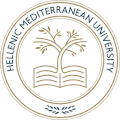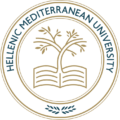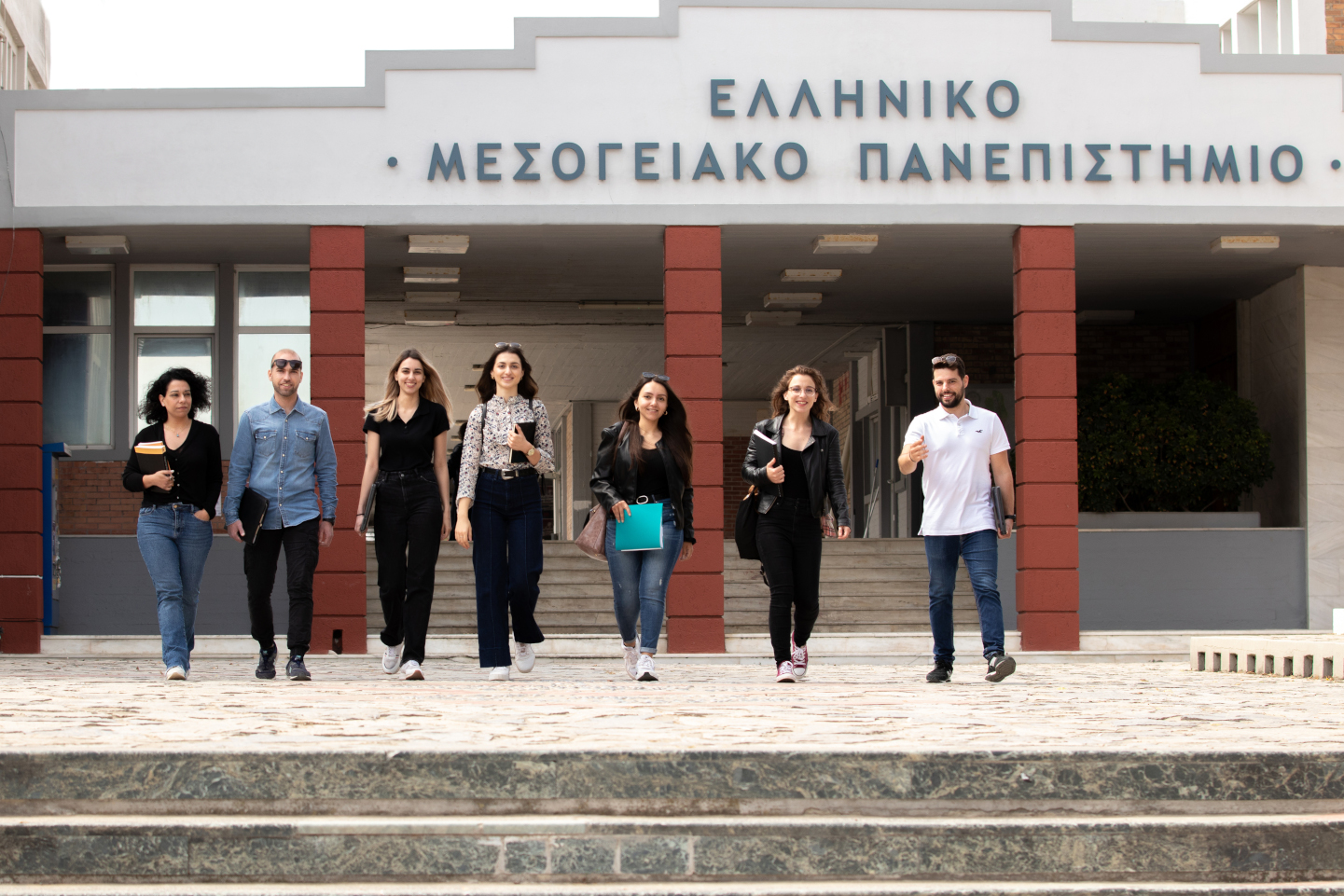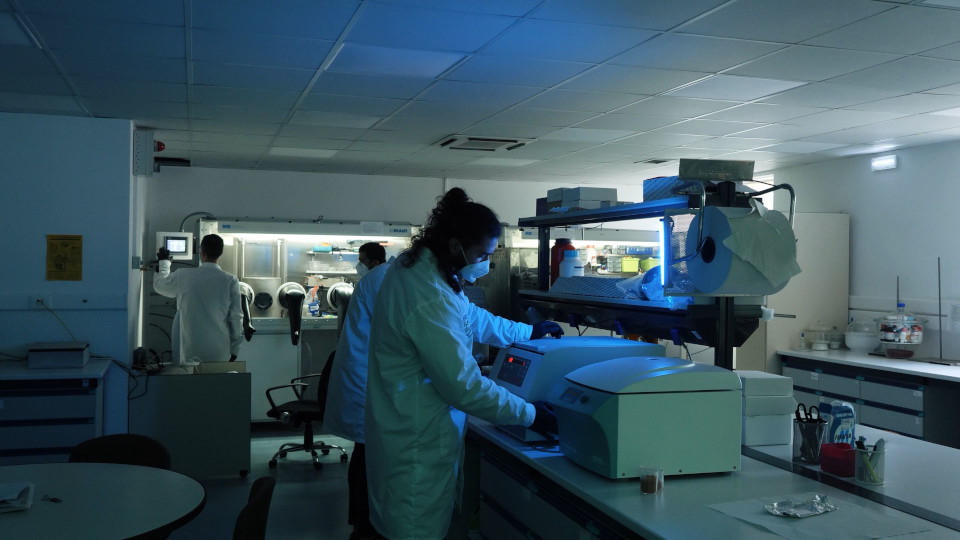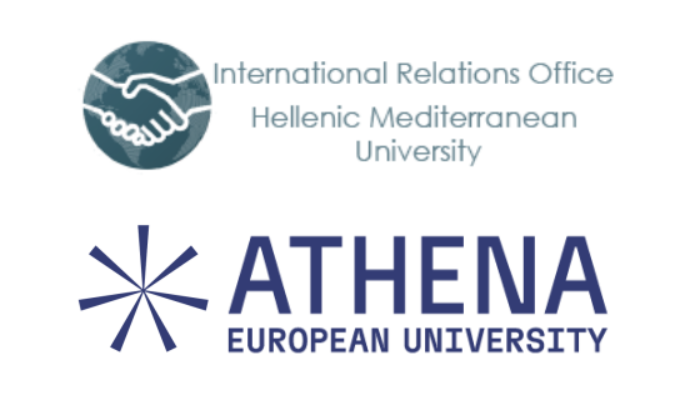Nursing is a human-centric science but also a specialized art. It is a complex scientific profession focusing on the wellbeing of people, their families, and society as a whole, whether they be healthy or ill.
The purpose of Nursing as a science is to assess healthcare needs, protect public health, organize interventions, and help both healthy and sick individuals take the necessary actions to maintain or restore their health.
The goal of the Nursing Department is to cultivate analytical and critical thinking and support the active participation of students in the learning process. Teachers act as education coordinators, counselors, and student assistants.
The Department’s educational environment encourages the creation of a climate of trust and mutual respect, as well as the development of students’ independence, while offering equal learning opportunities to all.
The Nursing department – as well as all the departments related to health sciences – is always appealing to candidates, seeing as once they graduate, they have good professional rehabilitation prospects.
General Information about the Nursing Department of the Hellenic Mediterranean University
The Nursing Department of the Hellenic Mediterranean University was founded in May 2019. Its goal is to offer high-level education to its students, produce new knowledge through research, interact with both the local community and society at large, and collaborate with other academic institutions.
It also aims at producing nurses with excellent theoretical knowledge and technical skills, critical thinking, empathy, and a vision to protect the health and improve the quality of life of people, their families, and society as a whole.
It is housed in a new building located in the Estavromenos area (a few kilometers west of the city center of Heraklion), which provides a great educational experience to its students.
The curriculum of the Department covers the subject of Nursing science, focusing on the wellbeing of people, their families, and society, and aims at:
a) promoting and maintaining health;
b) preventing disease;
c) treating illness;
d) restoring health; and
e) defending Public Health.
Field of Study
Graduates and holders of a Bachelor’s degree in nursing should meet the requirements of the nursing profession at a national, European, and international level.
This is achieved by gaining knowledge, skills, and experience so that they become efficient when carrying out the following responsibilities:
1. Providing individualized nursing care, which is always supported by scientific data, and includes the following: promotion and maintenance of the patients’ health; prevention of disease and complications; treating illness and restoring health.
2. Applying nursing procedures in daily practice; i.e. conducting an evaluation of each individual; reaching a nursing diagnosis; planning the patient’s nursing care; implementing and assessing the results.
3. Informing and supporting the autonomy and independence of individuals so that they can adapt to actual or potential health problems.
4. Teaching nursing in the framework of educational programs in all levels of nursing education.
5. Designing and implementing research programs to solve problems that tend to arise when practicing nursing.
6. Evaluating and improving the quality of nursing care, as well as participating in interdisciplinary efforts to ensure the quality of the health services provided.
7. Designing and implementing health education programs for individuals and groups, focusing on primary, secondary, and tertiary prevention in schools, workplaces, and other community spaces.
8. Integrating professional values as well as the ethical and legal commitments of nurses in the practice of their profession.
For more information please visit the Website of the Department.
